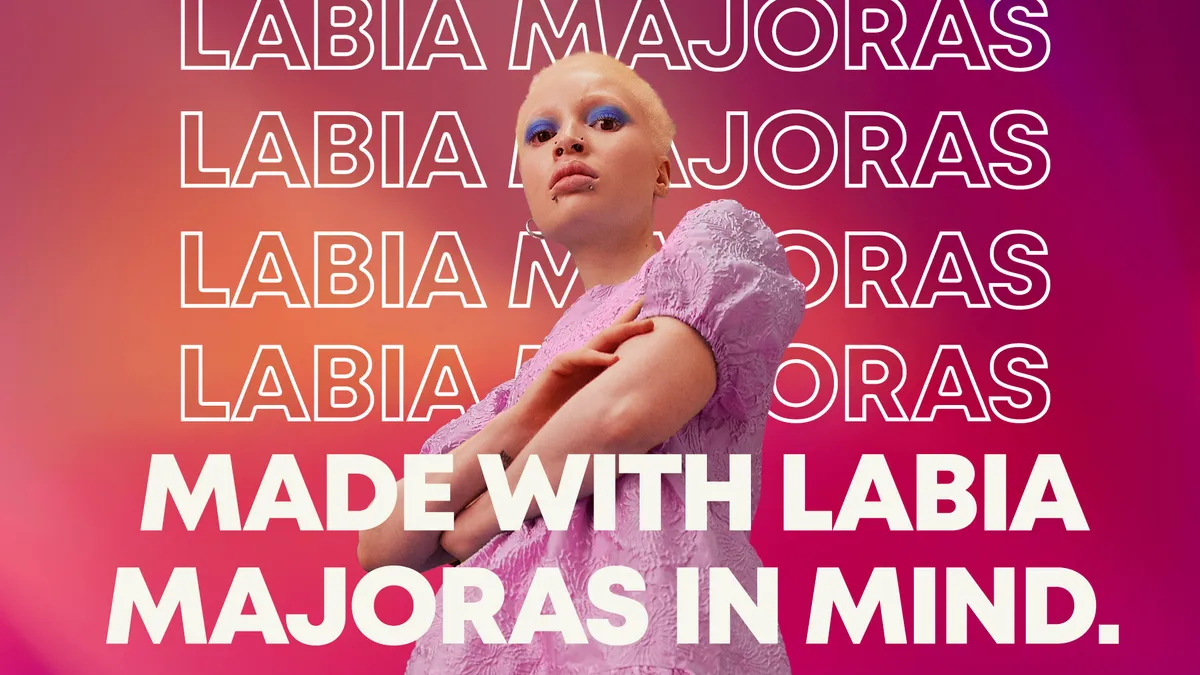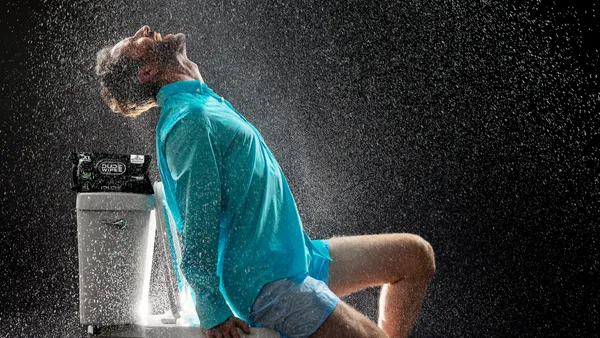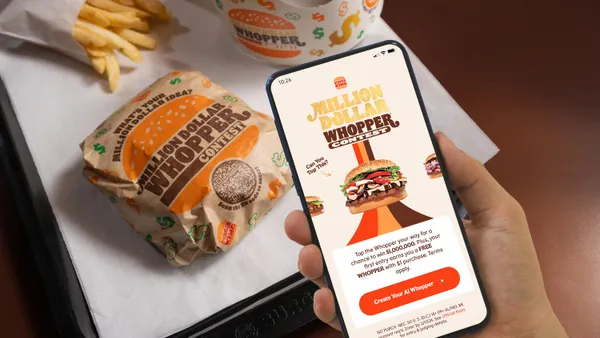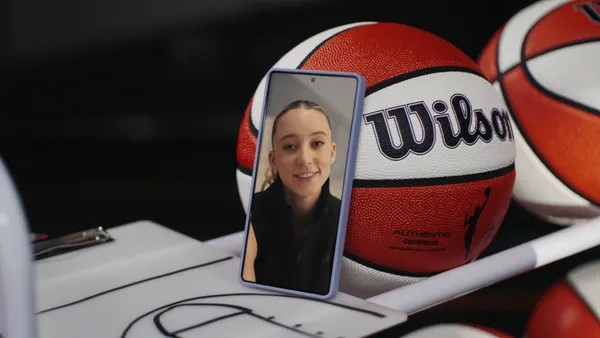Campaign Trail is our analysis of some of the best new creative efforts from the marketing world. View past columns in the archives here.
For the last several years, brands have worked to normalize taboo topics, especially when marketing products for women's bodies. Still, stigmas around menstruation persist, providing an opportunity for brands to rectify issues that have been exacerbated by advertising of the past.
Since its launch in 2010, Kimberly-Clark brand U by Kotex has worked to bring truth and transparency to menstrual health. The brand was the first to openly display pads on shelves and use a red liquid in its ads instead of the mysterious blue substance frequently used by period care brands.
"We've been breaking down period stigmas ever since [our] inception," said Mindy Langelin, senior brand manager for U by Kotex. "We feel like we've got really strong roots that this new work pays rent to."
Despite the work by brands like U by Kotex, stigmas around periods remain, with some women whispering about and assigning nicknames to their periods, or hiding pads up their sleeves on the way to the restroom, Langelin explained.
"All of that is not normal, so the focus for this work was to end the silence and say no to all of that embarrassment and just normalize the thing that is the most normal — it happens so often that it's actually called a cycle," Langelin said.
Bold, vibrant, confident
With that in mind, the brand's latest campaign is straight forward, from its title on down. "Normalize Periods" includes bold and vibrant video spots that feature women confidently talking about their bodies using anatomical terms like vagina and vulva. To promote a charcoal filter that neutralizes odor instead of masking it, the ads note that scents like "ocean breeze" and "lush lilac" are good for candles, but not vaginas. Spots and social elements focused on the raised center of U by Kotex pads include taglines "Vulvas are curvy. Now your pads are too" and "Made with labia majoras in mind."
"We're not going to shy away from what has been considered taboo language," Langelin said. "We know that's a stark contrast to some of the euphemisms that do dominate the category today, but we see it as a commitment to creating a more open dialogue around periods."
While the euphemism-free ads are likely to have attention-grabbing and scroll-stopping power, U by Kotex is thinking bigger than simply a campaign that raises brand awareness.
"It goes so much deeper than that, to really get at the heart of normalizing the conversations and providing the language that women can use," Langelin said. "Understanding their anatomy and how their period works just gets you one step closer into understanding your own health and wellness, and equipping with that language was critical for us."
The campaign's creative, media planning, social media and PR were handled by Ogilvy New York, Mindshare, VaynerMedia and M Booth Health, respectively. To amplify its message, the effort also includes a combination of produced and native social and influencer content across TikTok, Instagram, Facebook, Snapchat and Pinterest. Some of that content includes on-the-street testimonials that focus on the charcoal filter innovation.
"We also thought it [would be] helpful to bring it to the streets and to show consumers who hadn't necessarily thought about adding an ingredient like charcoal [to pads]," Langelin said, noting that the excitement in those videos complements the scent-focused spots.
Along with social elements, the campaign includes a strong digital placement of CTV ads on YouTube, Hulu and Disney+, plus digital banner ads, a presence on Spotify and a shopper activation. That digital-first approach was selected to best target Gen Z and millennial consumers and requires a balance of produced and native assets, especially on TikTok, a dominant platform for younger consumers.
"There's a whole conversation happening [on TikTok] around periods called #PeriodTok," Langelin added. "If our ambition is to normalize periods, what better way to do it than to go to where the conversation is happening and authentically plant ourselves in the middle of it?"















